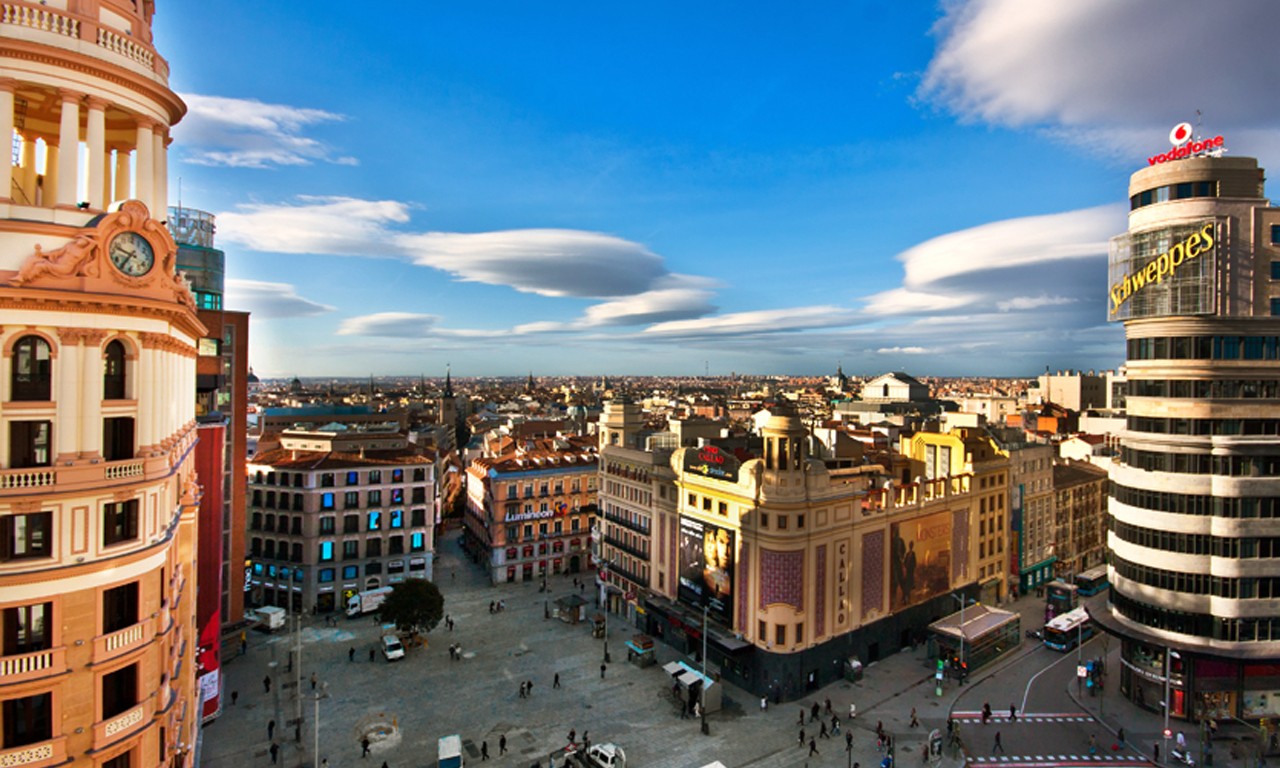These are bad times for culture. The economic crisis that has affected administrations and private investments has reduced the quantity and quality of what we can enjoy in Spain. Nevertheless, fight continues and it seems that, right now, with few money, is when both institutions and businessmen notice that the cultural plans of a destination can make the difference and it can even turn it into one of the most efficient tools to make tourism less dependent on seasonal factors in Spain.
Culture has been always one of the most important travel motivations, especially in urban destinations. Cities of all over the world have worked in this concept and have polished it making it the philosopher’s stone for their tourism. Bilbao is a great example in Spain, as well as Barcelona, and now Madrid is also standing out in this sense.

Hotels in the centre of Barcelona and Madrid have joined this cause and there are many accommodation in these cities giving their guests tickets and cultural plans as incentives to close a sale. Musicals, museums with high quality temporary exhibitions, concerts or festivals… Now we see how initiatives like the indie music festival BBK Live, that this month is celebrating 10 years of existence, have achieved to fill hotels in the centre of Bilbao in dates that used to be deserted because of the high competition of beach destinations.
The same happened with the pioneer celebration in the capital of Catalonia, that year after year fill the rooms in the centre of Barcelona with the celebration of two of the most powerful music festivals in the country: Primavera Sound and Sonar, every one with a special style and combined during the year with other both professional and leisure events: opera seasons, concerts of big international groups, football, design and fashion catwalks…
Madrid, which has been always much related to the business trade thanks to the unstoppable schedule of IFEMA, is gaining ground in terms of culture. Besides the classic musicals that have always attracted a large number of tourists to the capital, they are investing in theatre, live music and specially, in gastronomy. Yes, gastronomy as a cultural option… or the bar culture, but in a more select way than now: tapas specialising in different tours, gourmet restaurants with unique proposals, renovated markets such as San Miguel, next to Plaza Mayor… This type of events and cultural attractions of the city (which keeps opting for night as its mainstay) are filling hotels in the centre of Madrid even during summer months, and not precisely with foreigners.
Cultural plans for children are also an important investment in the main cities of Spain, as well as cinema: some examples are San Sebastián and Málaga, which have made their film festivals a real international attraction. In fact, it is not strange if the first thing you see in hotels in the centre of Málaga and San Sebastián is a fully booked poster during these dates.
Cultural industry keeps thinking that efforts to support these initiatives are very few. The cultural VAT (21%) is not very helpful. This is the current battle: to achieve a more affordable access to culture for all social classes because there are all types of travellers and affordable prices are always welcome.


